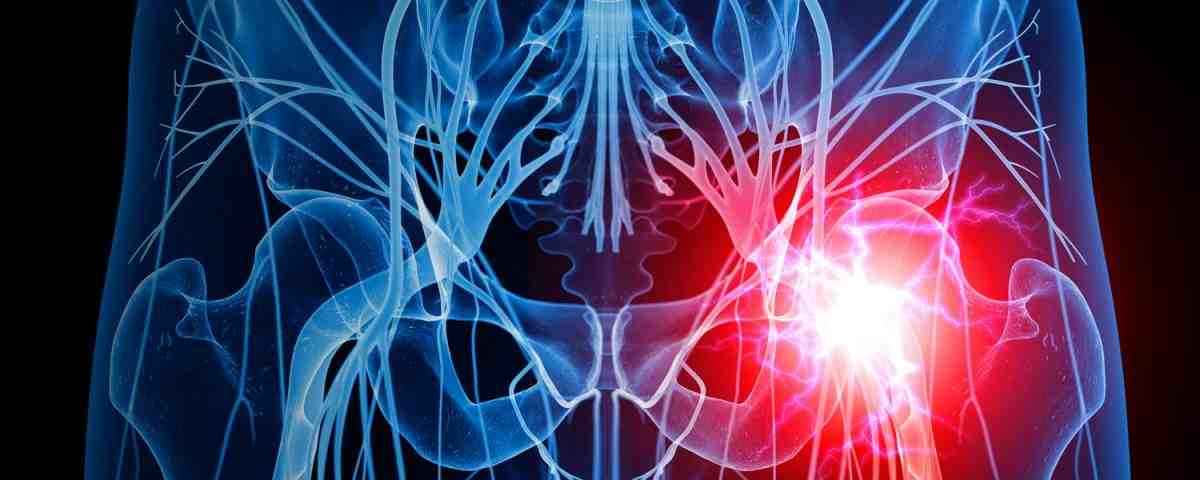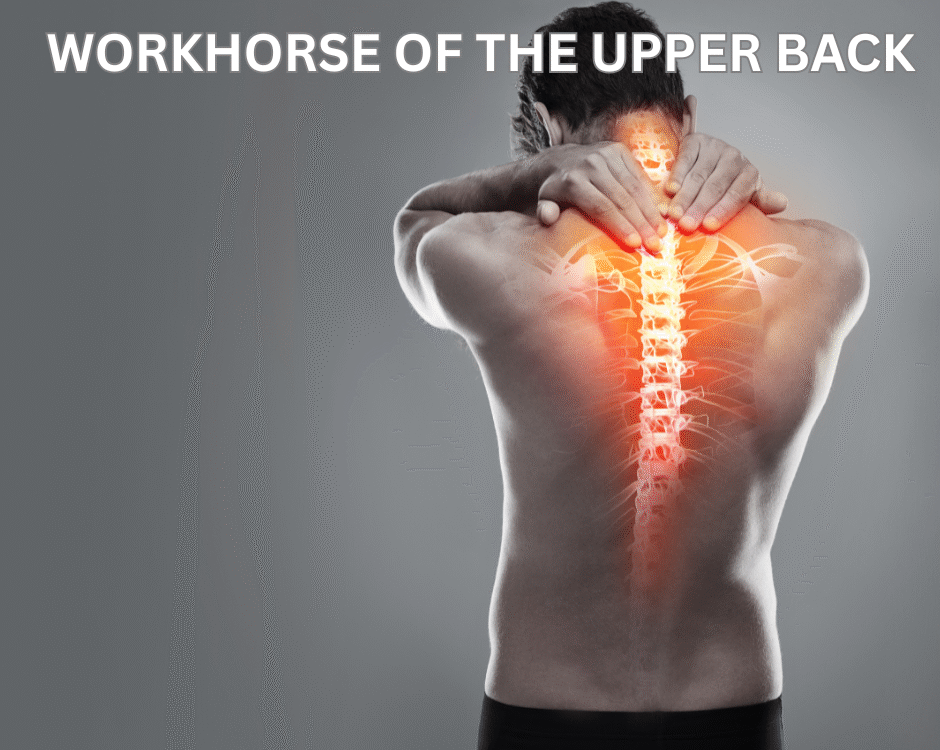Sciatica! What a Pain in the Butt!

Turning Out The Pain
October 25, 2022
Become A Defensive Driver Now
October 25, 2022Sciatica—What a Pain in the Butt!
We’ve all heard someone say…My sciatica is acting up. But what is sciatica, exactly?
When we think about the low back, we mainly focus on the muscles, the spine, and the spinal cord and the nerves. Usually there are five lumbar vertebral spinal segments in the low back that protect the spinal cord and the nerves. The nerves from the spinal cord branch out through openings between the vertebral segments (L1-L5 nerves). Between the vertebral segments are intervertebral discs that help to cushion and absorb pressure. The base of the spine is the pelvis, which is formed by three bones, with the sacrum being the upside down triangle bone at the back center of the pelvis. The nerves that branches through the openings of the sacrum are called sacral spinal nerves (S1-S5).
The spinal nerves from L4, L5, S1, S2, S3 combine together to form the sciatic nerve. The sciatic nerve runs from the low back, down the buttocks, down the posterior legs and into the feet, making it the longest and largest nerve in the body. The sciatic nerve includes both sensory and motor fibers. The sensory fibers allow the leg to ‘feel’ such as pain, numbness and tingling sensations; motor fibers allow the movement of the legs and its muscle tone. Behind the knee, the sciatic nerve branches into the tibial nerve that continues down the back of the lower leg and the common peroneal nerve that travels along the outer portion of the lower leg. Nerves branch off as the nerves travel down the lower leg into the foot.
Sciatica occurs when the nerve is irritated or pinched due to pressure on the nerve, affecting the motor and sensory functions. Pressure on the sciatic nerve can be from a herniated disc, bony outgrowth of the vertebral bones, or inflammation of the tissues and muscles around the nerve. In some people, a portion of the sciatic nerve travels through the piriformis muscle, which is one of the muscles in the buttocks. Mostly, the sciatic nerve travels under the muscle. When the piriformis muscle spasms, gets tight or inflamed, it can put pressure on the sciatic nerve.
Sciatica can be felt as sharp, jolting or electric type of pain anywhere along the path of the nerve. Sciatica can also be felt as a burning, numb, or tingling sensations in the buttock, leg or foot. Weakness of the leg or foot is another symptom.
Mild symptoms eventually improve and disappear on their own and no medical intervention is needed. But if the symptoms linger or worsen, seek medical help. If you have any loss in bowel or bladder control or function, seek emergency care.
To prevent or limit episodes of sciatica, strengthen your low back and core muscles. See a chiropractor to get adjusted to keep your spine aligned and functioning properly. Limit the constant sitting during the day since sitting puts more pressure on the lumbar spine and discs than anything you can do. Stand up and stretch periodically. Use good posture and biomechanics when sitting and lifting. Sit all the way back in the chair and use the back support. Keep the hips and knees at ninety degree angles. When lifting, keep your back straight and lift using your legs. Do not twist as you lift. Keep the load close to your body and center of gravity. How you take care of your body now will determine how healthy your body is later.
– This article was written by Chandra Cunningham, DC one of the members of Chambers Medical Group’s team of car accident chiropractors who offer a variety of treatments and therapies ranging from diagnostic testing to various soft tissue therapies for car accidents and injuries in Kentucky.
—
If you or somebody you know has been in a car accident, be sure that you seek medical attention from a car accident doctor or car accident chiropractor to treat your injuries. Visit Chambers Medical Group to receive world-class medical treatment for your injuries.
Chambers Medical Group has car accident medical clinics in the following locations:
- Car Accident Medical Clinic in Tampa
- Car Accident Medical Clinic in Plant City
- Car Accident Medical Clinic in Brandon
- Car Accident Medical Clinic in Lakeland
- Car Accident Medical Clinic in Sarasota
- Car Accident Medical Clinic in Louisville
- Car Accident Medical Clinic in Lexington
- Car Accident Medical Clinic in Florence




